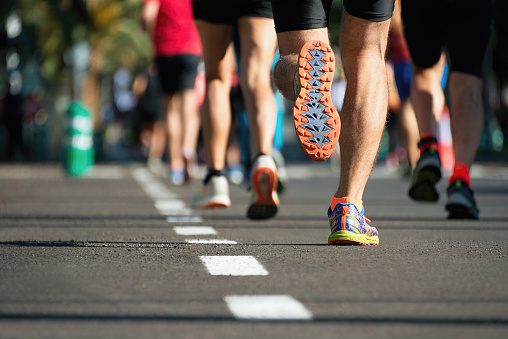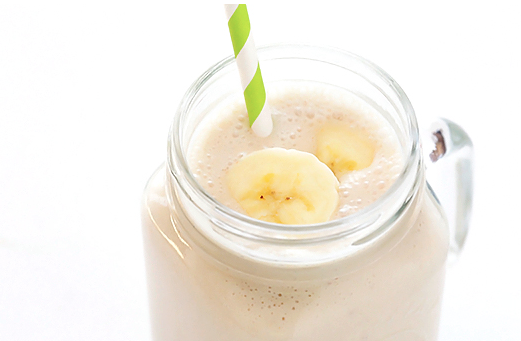Get heavier, run faster
How gaining weight can promote recovery, which can cause an improvement in performance

It might seem counterintuitive, but for some runners, getting a little heavier can be good for your running performance. For those with a leaner body type, adding weight can promote recovery, which over the long term can dramatically aid your performance.
RED-S or relative energy deficiency in sport, which is becoming increasingly talked about in the running community, is a product of inadequate nutrition, and though it sometimes goes unnoticed, it can cause serious damage and result in time away from the sport you love. For example, stress fractures are a whopping four-and-a-half times more common in athletes suffering from RED-S. For runners with RED-S, increasing their weight is imperative, but a little extra mass can also be good for those who consider themselves to be at a healthy weight.

RELATED: Are you at risk for RED-S?
Trent Stellingwerff is a physiologist and the Director of Performance Solutions at the Canadian Sport Institute Pacific. Stellingwerff says that for a specific population of runners, gaining weight is a good idea. “This advice is for a very specific population of athletes. We’re talking about runners who from a body composition standpoint are already quite lean. For the average runner, if you run and train more, you will naturally get a little leaner, and that can aid in performance.” But for those who are quite lean to begin with, remaining at a low weight can actually hinder results.

Gaining weight helps with recovery
One of the most important aspects of training is recovery, something that many runners don’t actually consider to be training and which oftentimes goes overlooked. “There’s two things you can control: energy expenditure and energy intake. If we think about energy as a hierarchy, things like bones and tendons are way down on the priority list. Things like keeping your organs and brain alive are much higher.” So if you’re low on energy, then you’re less likely to get your hard working bones and tendons the recovery they need.
RELATED: Young female runners: don’t fight your body

How to gain weight
Stellingwerff encourages athletes who have a history of being low on energy availability to consider adding roughly 300 calories to their daily caloric intake. That’s not much: a smoothie post-workout, a handful of almonds and a banana, or yogurt and granola will do the trick. It’s whatever the runner enjoys eating, but he encourages adding a snack to their day, ideally before or after their main workout.
What Stellingwerff has seen in the athletes who he’s recommended this to is that they get sick less, recover fast and are able to, over a five- to six-month period, see some serious improvement. “Any time you enhance anything on the recovery end, whether that be sleep or nutrition, generally it’s not a eureka moment. It won’t change the next workout–it’s typically more gradual. This is a subtle but effective intervention.”
RELATED: Carrot cake smoothies for post-run cravings
Power to weight ratio
The other side to the weight-gain coin is the importance of power-to-weight ratio. “From first principles, elite male runners are heavier than elite female runners and who runs faster? It’s important to not forget about the weight component of that ratio. Oftentimes I find that as an athletes gains a little weight, they actually become leaner, because they’re able to put on muscle more easily, which benefits performance.”


